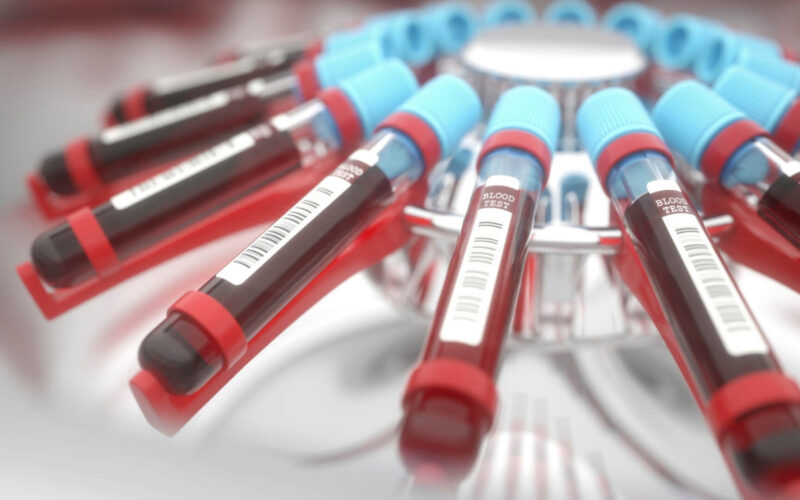At first sight, GPS tracking has nothing to do with healthcare. But like any other sector, healthcare has a budget and strives to make the most of it. And GPS tracking allows cutting costs on transport, medical equipment, and staff involved in healthcare operations. Today, we discuss optimizing the work and operating costs of lab test delivery vehicles and drivers.
What are these lab test delivery vehicles?
Now that the world overcomes the COVID-19 pandemic, tourists only need a negative PCR test. In most cases, a tourist can do it at almost every corner. There are even mobile points that collect samples and distribute them between PCR laboratories. For that, hundreds of PCR delivery vehicles travel across the island to deliver test samples and results.
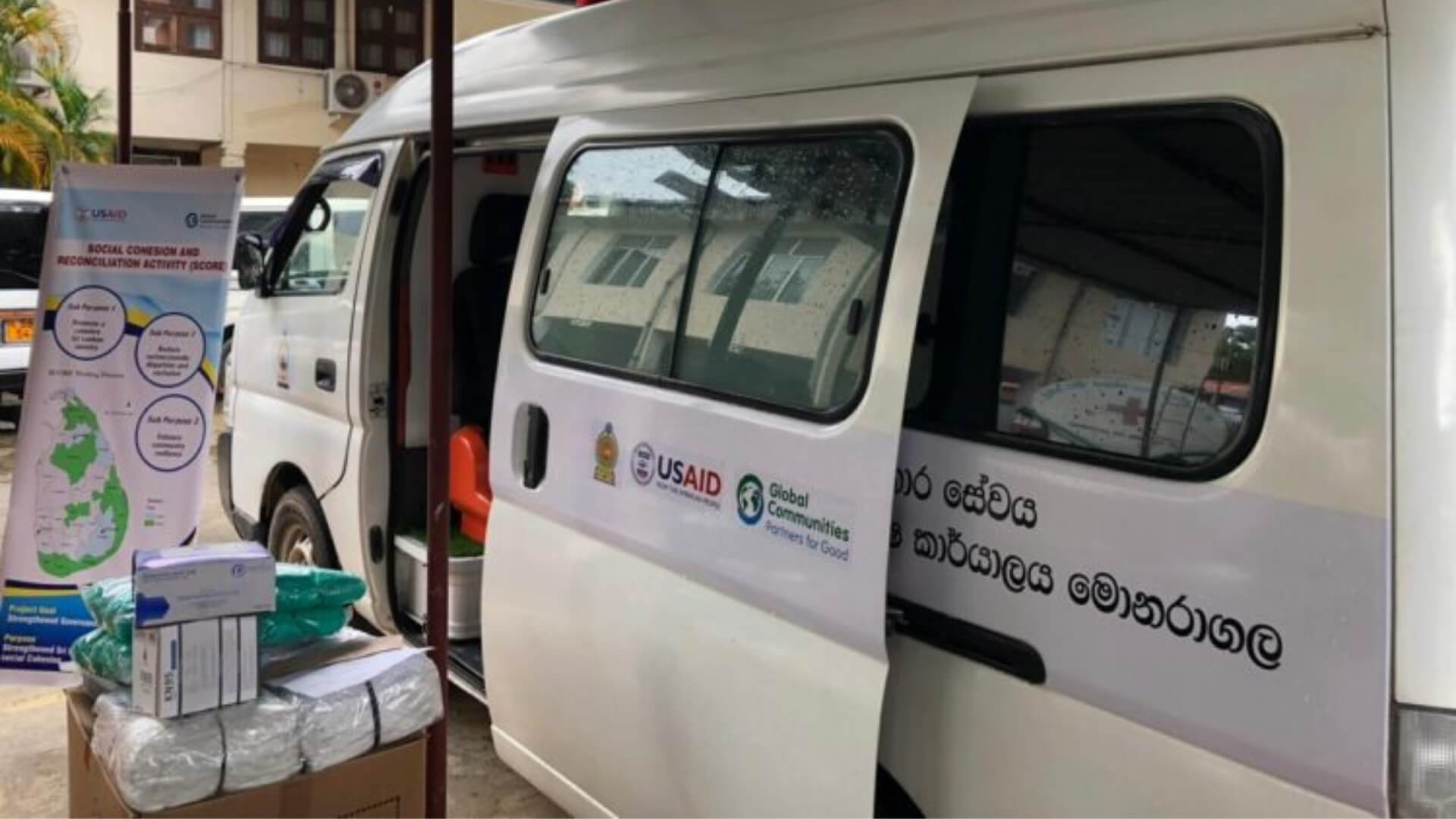
But even before COVID, thousands of vehicles were transporting blood tests and other types of biological material. And it costs a fortune for any healthcare organization.
How much do they cost for a healthcare institution?
For example, a healthcare organization employs 80 vehicles to deliver laboratory test samples.
- These are vans and other light commercial vehicles consuming up to 12.5 liters per 100 km.
- The drivers are more interested in faster delivery than careful driving, which intensifies vehicle wear & tear and fuel consumption.
- The drivers travel across the island 500 km per day during work hours. And another 100-150 km for private purposes, as nobody is watching.
- If a driver fails to deliver the test sample on time, penalties may apply.
Fuel, maintenance, penalties, and payments to drivers fall on the shoulders of the healthcare organization. Healthcare services providers face these expenses and start finding a way to cut them.
How does GPS tracking minimize the expenses?
The Hospital transports all types of medical tests from collection centers to the laboratory and addressed KLOUDIP to get a complete fleet management solution. The company installed GPS trackers in 80 lab test delivery vehicles and connected them to the FiOS GPS tracking & fleet management system, bringing:
Fuel-saving and mileage optimization
KLOUDIP generated new routes from test collection points to laboratories and optimized them for minimum mileage and faster time to destination.
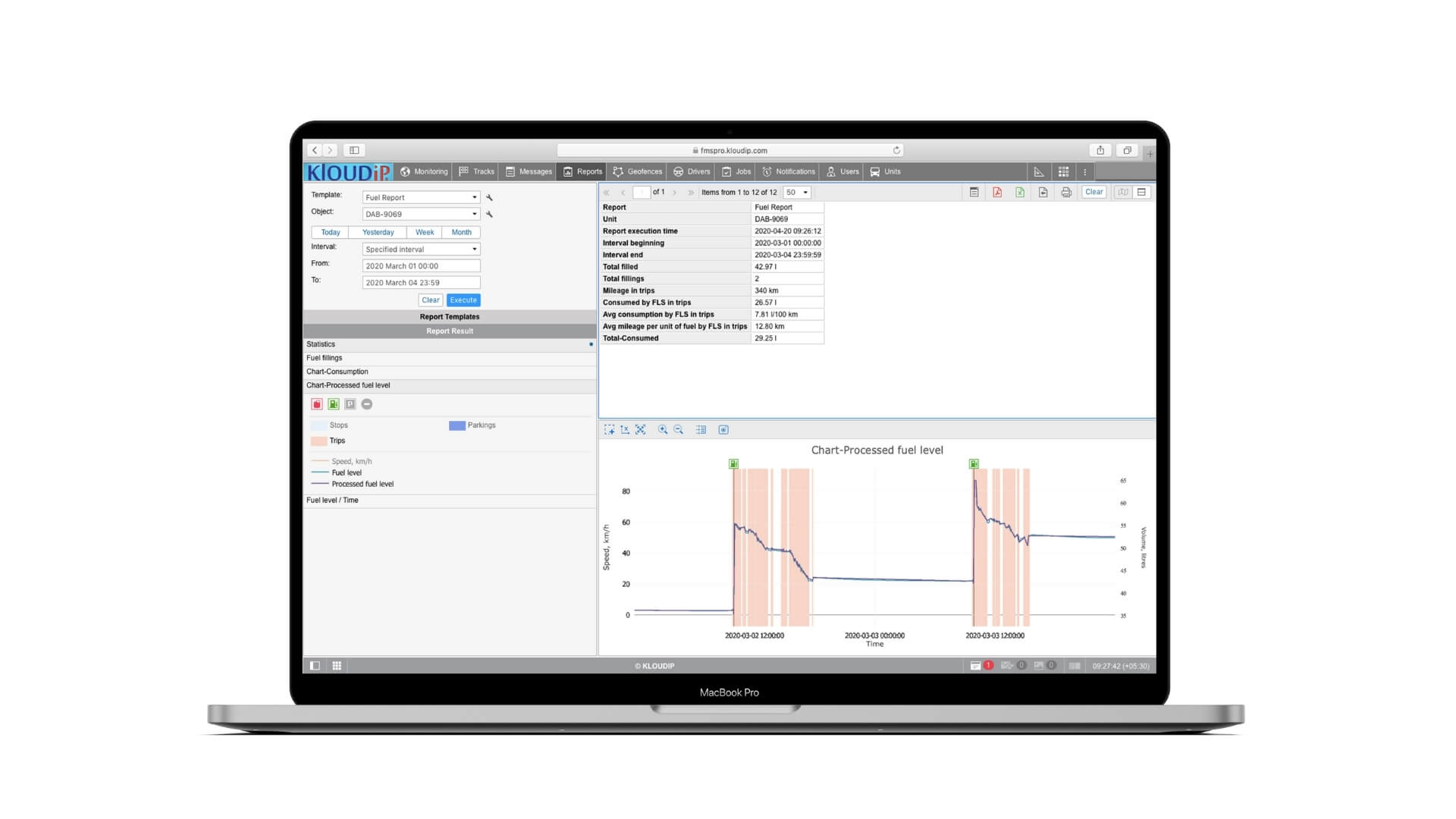
Private trips detection
KLOUDIP also installed GPS buttons in each vehicle. When pushing the button, the driver informs the system that he’s switching from work to private trips, and vice-versa. The system can then count work hours and fuel consumption during work trips only, which simplifies fuel accounting and payment to drivers.
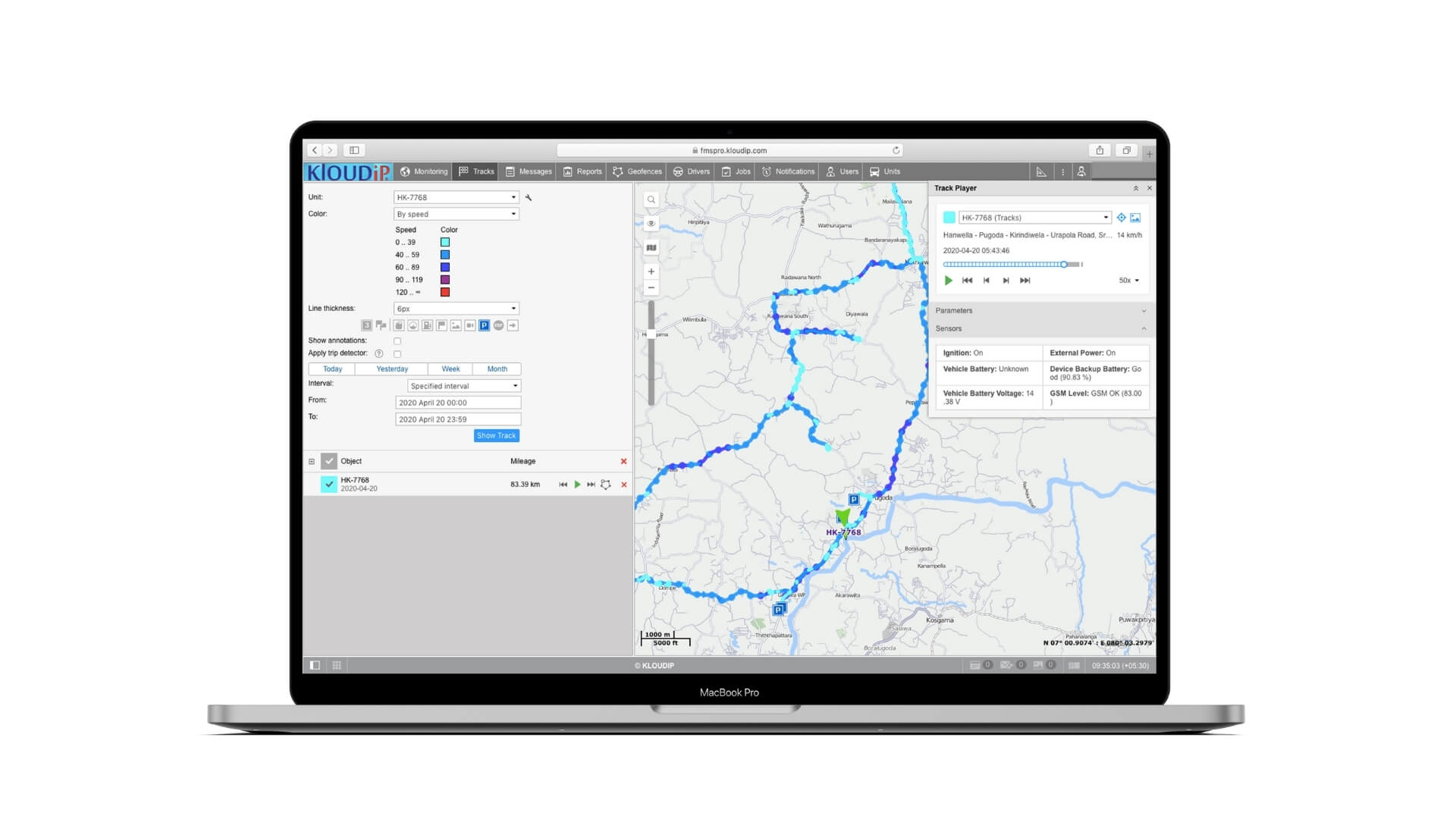
Online monitoring
In real-time, FiOS detects if the delivery driver is idling or takes the wrong route. Being alerted, a dispatcher can deal with the situation and ensure timely delivery despite the emerging circumstances.
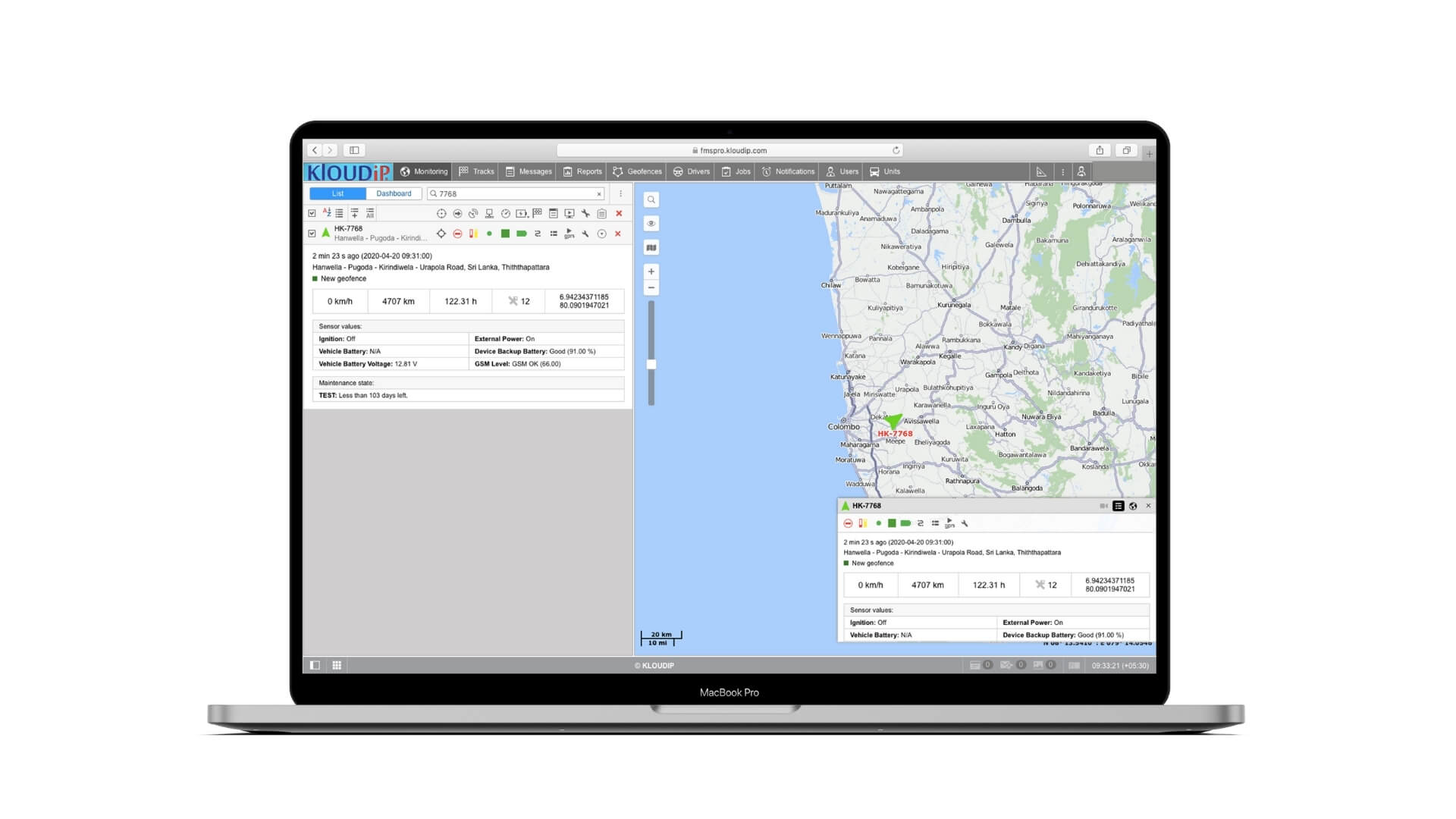
Results
Only a few implemented fleet management options bring massive benefits to the Hospital.
- Minimized mileage and private trip detection resulted in significant fuel savings – 10-15%,.
- Optimized routes and minimization of private trips led to a 20-25% increase in driver efficiency.
- The fastest routes and online tracking options ensure that all lab tests are delivered on time and unspoiled.
- The investments into GPS solutions were paid off within two months.
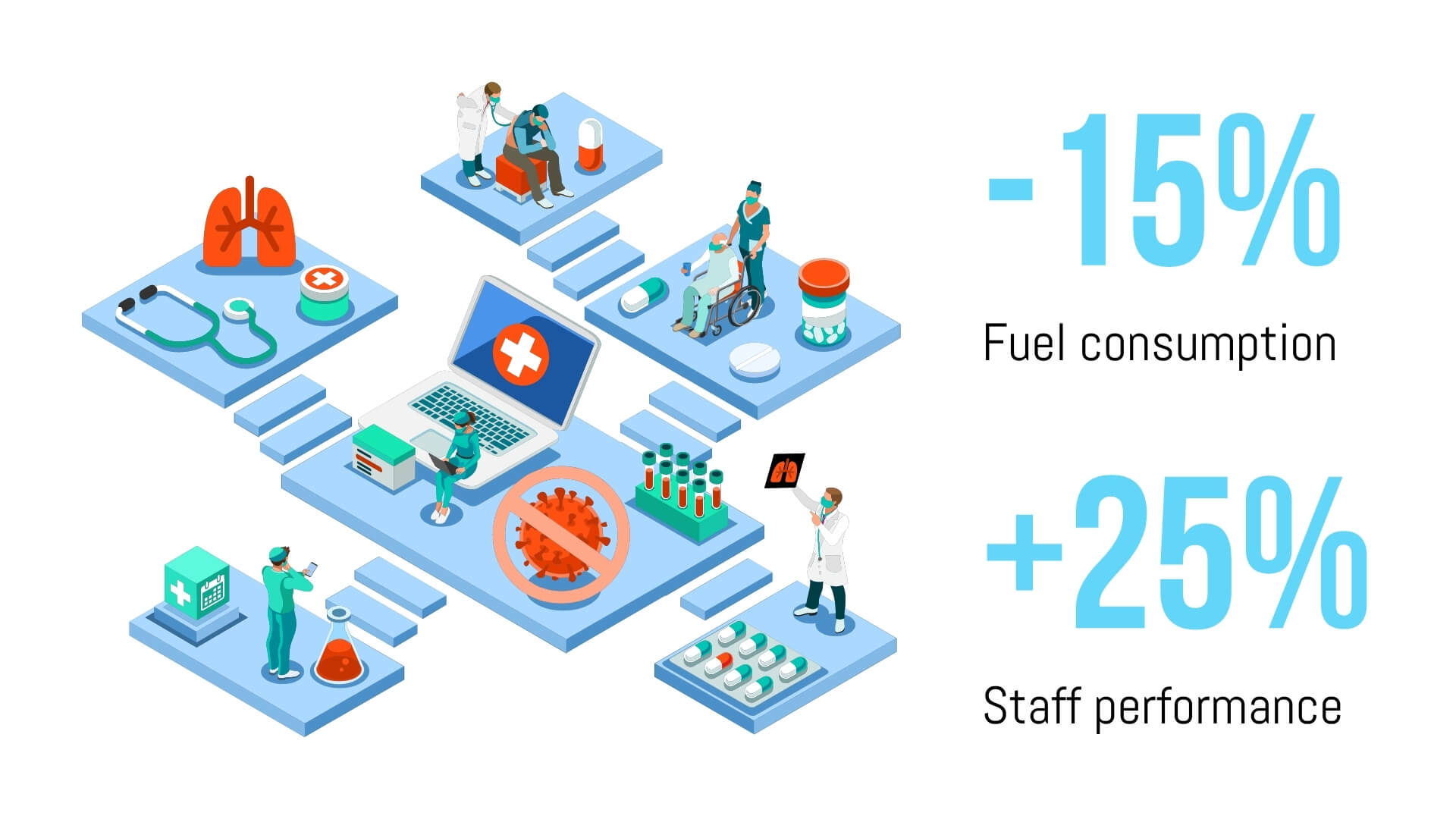
These are only a few features of the FiOS GPS tracking and fleet management system in action. In this very case, KLOUDIP can add driving style monitoring, digital proof of delivery, automated payments to drivers, remote maintenance management, temperature monitoring, and much more.
Contact us to see how your very transport can benefit from GPS tracking and fleet management.
Image source: https://lk.usembassy.gov/
